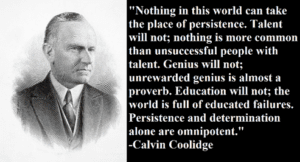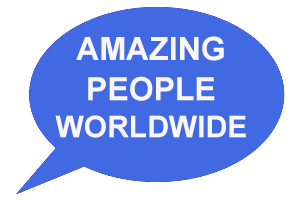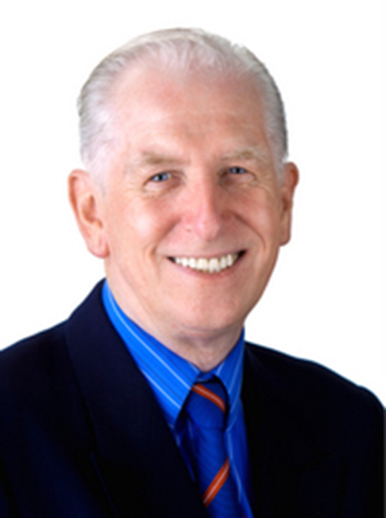Can Do Habits
By Dr Charles Margerison
Psychologist
Learning To Achieve
- How do top sports people succeed?
- What is distinctive about successful entrepreneurs?
- How do outstanding surgeons develop their skills?
- How can people starting their careers improve their abilities?
In my work as a psychologist, I have explored the answers to these questions with many people. I have also studied the careers of over 500 amazing people to discover the processes they adopted
It is clear that success, in any professional activity, requires more than just intelligence and education. It requires what I refer to as the ‘can do spirit’ combined with ‘can do habits.’

What is Can Do Spirit?
People who have a high score on ‘can do spirit’ tend to tackle problems and difficulties with determination. Rather than let events and circumstances define them, they are proactive and develop plans to succeed.
They exude a ‘can do spirit’ in their words and deeds. This is a positive state of mind based on positive self-talk. It is reflected in the way they convey facts and ideas to colleagues and associates on both problems and opportunities.
In the process, they develop successful habits of reviewing current developments while assessing future needs. These habits are acquired though experience and action learning. This aligns with Darwin’s theory of survival, by adaptation through gaining feedback and then responding with actions to ensure survival.
Applications
In my psychological research on the lives of over 500 people, I observed the successful habits they developed. In particular, they were all ‘can do’ action learners.

They converted their principles into policies and plans, then coordinated with others to gain effective performance.
A key point emerging was that most high achievers did not work alone. They developed teams to help them.
They set expectations on patterns of work. Team members were conditioned to establish habits and patterns. This can be clearly seen in the regimented patterns of factory work during the Industrial Revolution.
Teamwork Habits
Today, most employees are educated and seek work with more variety. The task of managing and motivating staff members has become more difficult. Therefore, effective habits in the conduct of meetings is increasingly important at all levels.
In addition to personal strengths that amazing people exhibited, they also recruited and coordinated people who transformed their ideas into organized outputs. That required the ability to manage team problem-solving. Thomas Edison is famous for his hands on approach to solving problems in the factory together with other workers. Helen Keller, who was blind and deaf, led the campaign to improve the rights for those with disabilities by coordinating colleagues to achieve results.
In my consulting work with large organizations, I noticed that successful companies developed systematic ways to improve teamwork, which became an integral part of corporate culture. These became established procedures or habits.
Here are some of the habits which I have identified that everyone can use in their work. The list may sound obvious, but it is worth checking, to what extent, these activities happen in the meetings you attend. As an example, give the last two business meetings you have attended a score where 1 is low and 10 is high on each of the following factors.

1 – Agenda – Was a written agenda sent to participants in advance?
2 – Time – Were you told how long the meeting was expected to last, to focus discussions?
3 – Questions – Were members asked to send questions regarding both ideas and facts in writing ahead of the meeting?
4 – Coordination – Did the Chairperson coordinate the meeting to give everyone equal opportunity to speak?
5 – Notes – Was a written record of the key points of the discussion made during the meeting?.
6 – Summary – Did everyone receive a summary of the key points and the action required?
7 – Follow Up – Did the next meeting ask for reports on action taken, and also on what has been learned by each person?
The above check list will indicate if the ‘can do spirit’ is turned into action. It will also show if effective ‘can do’ habits are developing.
In particular, a key question is – did everyone improve their performance?
If not, the focus should be on learning effective habits until they are fluent.
Summary
There is a link between can do spirit, and individual as well as team results. It is the ‘can do’ learning ability to identify how to focus on the priorities, amidst the fast moving situations at work, which will ensure high performance. That requires skilled habits and skills to gain and convert information into action.









